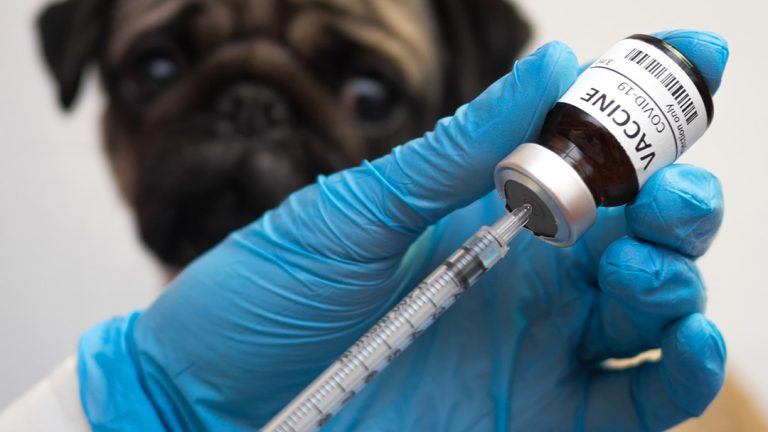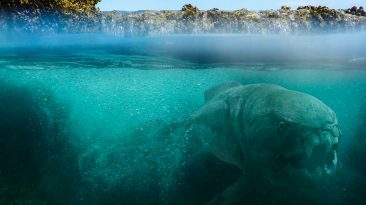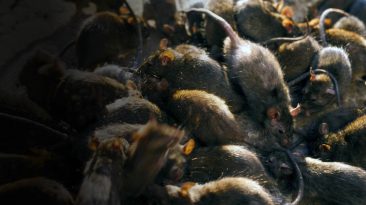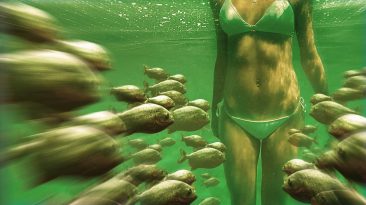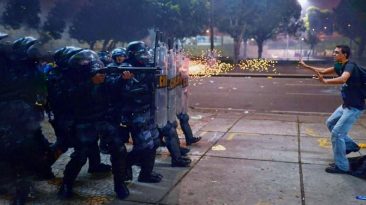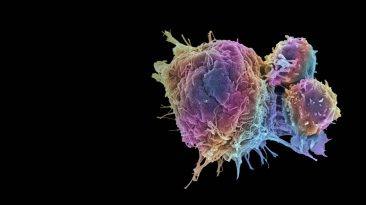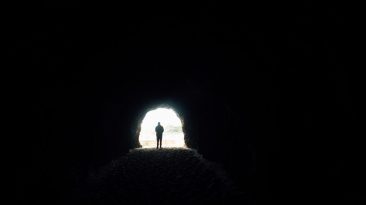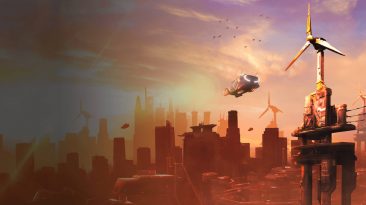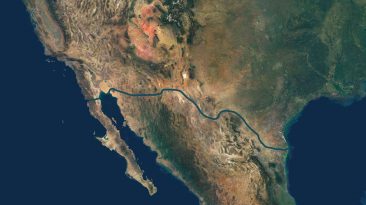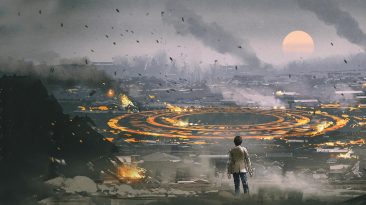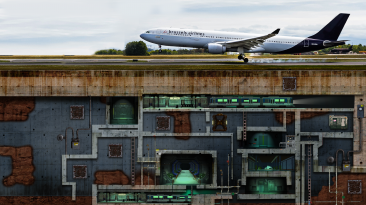The immunization battle against COVID-19 continues. This time, your pet’s life is at stake. Any animal’s life, for that matter. And even your life could be at risk. Sooner or later, we might need to take dramatic action and vaccinate all animals on the planet.
What animals should you be scared of most? Would their vaccine be any different from human ones? How could you succeed at vaccinating an entire animal kingdom?
Throughout the COVID-19 pandemic, there have been several reverse zoonotic events. In simple words, that’s when animals test positive for human viruses.
The first dog tested positive for SARS-CoV-2 in Hong Kong in March 2020. Then, eight gorillas tested positive at the San Diego Zoo. An asymptomatic worker infected them.
As of July 2021, there were 217 known cases of infected animals in the U.S. A majority were household pets like cats and dogs. You might be putting your cute little companion at risk. To make sure everyone is safe, we decided to take action and vaccinate every animal on the planet. Hypothetically, of course. Just how many doses of Pfizer would we need to complete the task?
Calculating how many animals there are on Earth would be nearly impossible. But since mammals seem to be the most susceptible to infection, they would be a good place to start.
There are an estimated 100 billion to one trillion mammals on the planet. You’d be looking at billions on doses. We’ve got lots of work to do. The sooner we could immunize these animals, the sooner we could limit the spread and mutation of the virus.
This would need to be a global effort. People all over the world came together to ensure the success of our human vaccine developments. Now they’d need to do the same for animals.
Did you know there are animal vaccines in development? Russia has already completed trials on a vaccine for domesticated animals and minks. According to trial data, these vaccines could provide animals with six months of immunity.
Zoetis, a U.S. veterinary pharmaceutical company, is working on a vaccine for cats and dogs. The vaccine uses a modified spike protein from the virus. But it’s unclear if this vaccine would be strong enough to prevent an actual infection.
Do we need to develop a new animal edition of the COVID-19 vaccine? The one that’s available to you today was first tested on hamsters, mice and monkeys. So maybe these vaccines would be efficient to protect other animals too.
Say, we’ve got the vaccines. How would we go about this global effort? We’d start with livestock and pets. Some people could have trouble offering their beloved animals up for injection. Skepticism could still be an issue to overcome.
The next stop would be zoos and animal sanctuaries. Some zoos have already started vaccinating their animals as a protective measure. The Oakland Zoo administered doses to their tigers, bears, mountain lions and ferrets.
Once all zoo animals were vaccinated, we’d move on to a more challenging task. Immunizing every wild mammal on the planet. We’d need the collaboration of local biologists and environmentalists all over the world.
Indigenous populations would need to be involved too. Their knowledge of natural environments and local animal behavior would be vital to this process.
We would need to catch and inject every animal we could find. Of course, that would be tough. There might be a better way to deliver the protection. We could develop an oral product. It’s already in the works for humans. We could give it to animals without needing to capture them. We would insert it in the food that wild animals eat.
And the best thing about this plan is that these vaccines would be easier to distribute globally without refrigeration. That’s because they’d be stable in storage temperatures up to 40 °C (104 °F).
If we managed to develop these products, we would need to mark and keep track of the animals we vaccinate. And if certain vaccines only have six months of immunity, this effort would need to be repeated often. The vaccine developments for humans against COVID-19 have shown how vital it is for the world to come together for the greater good. And there are still many people who have yet to be protected.
Sources
- “Zoonotic And Reverse Zoonotic Events Of SARS-Cov-2 And Their Impact On Global Health”. Munir, Khalid, Shoaib Ashraf, Isra Munir, Hamna Khalid, Mohammad Akram Muneer, Noreen Mukhtar, and Shahid Amin et al. 2020. Emerging Microbes & Infections 9 (1): 2222-2235. doi:10.1080/22221751.2020.1827984.
- “Reverse zoonoses: Human viruses that infect other animals”. Racaniello, Vincent. 2009. virology.ws.
- “Could a Highly Dangerous COVID Mutation Emerge In Our Pets? Here’s The Science”. Mick Bailey, The Conversation. 2021. Sciencealert.
- “Great apes at the San Diego Zoo got coronavirus vaccines: ‘These animals are incredibly precious’” washingtonpost.com
- “Danish government may exhume hundreds of thousands of dead minks and burn them” Adam, Taylor. washingtonpost.com
- “Cats and Dogs Top List Of COVID-19 Infected Animals In US”. 2021. NBC Bay Area.


